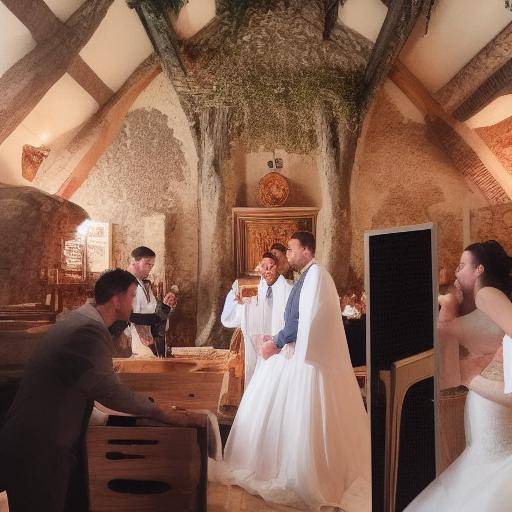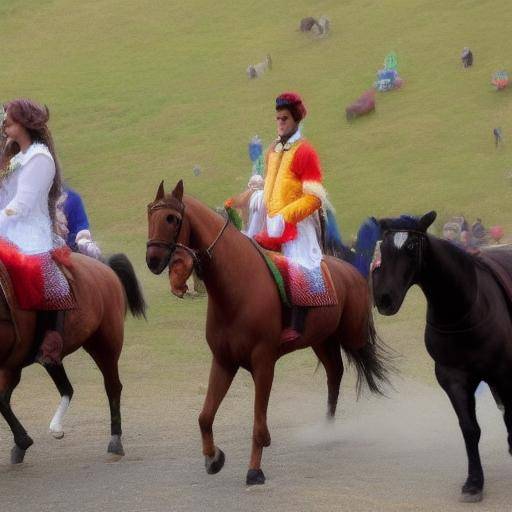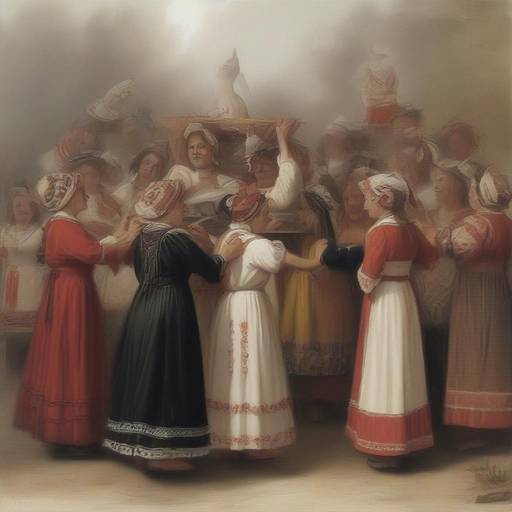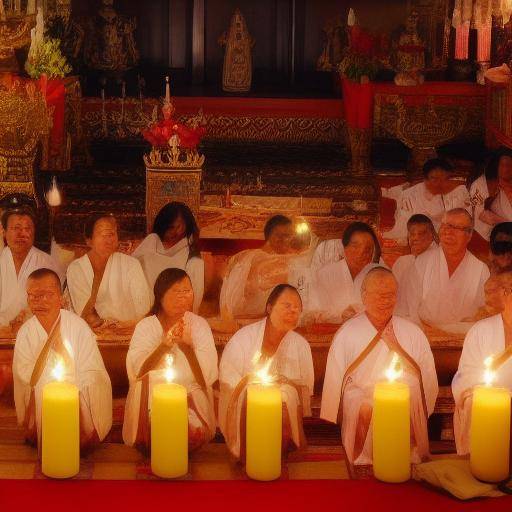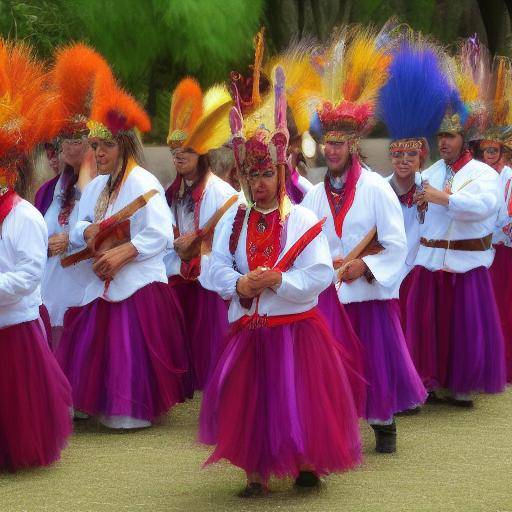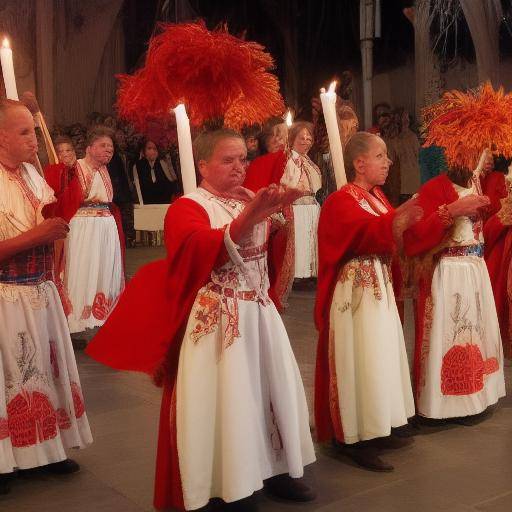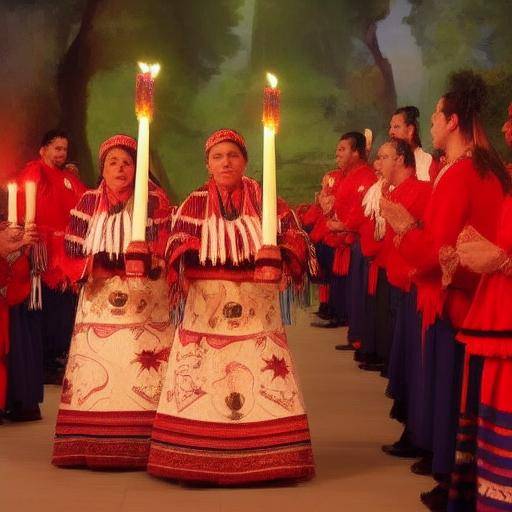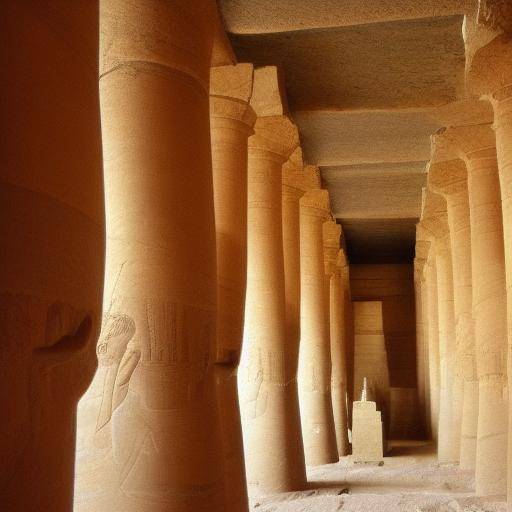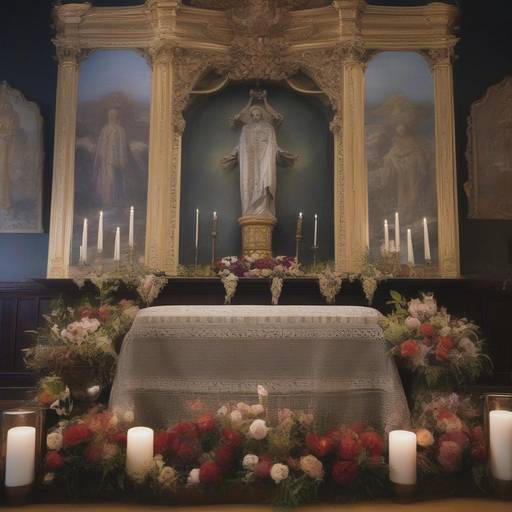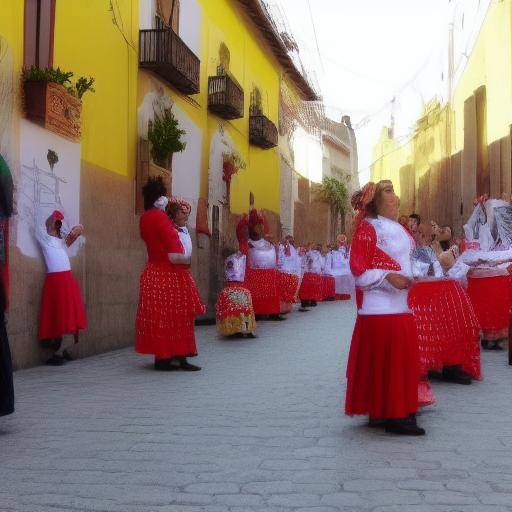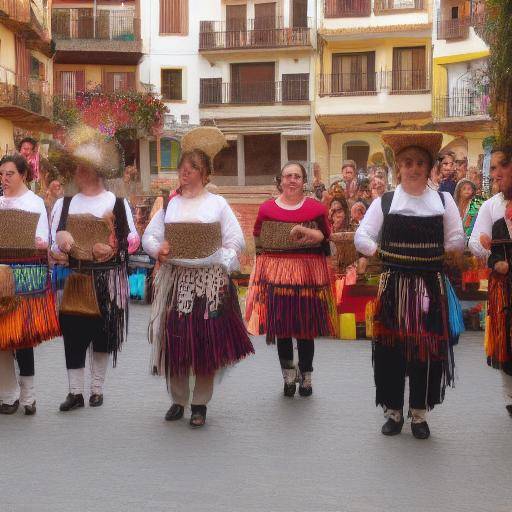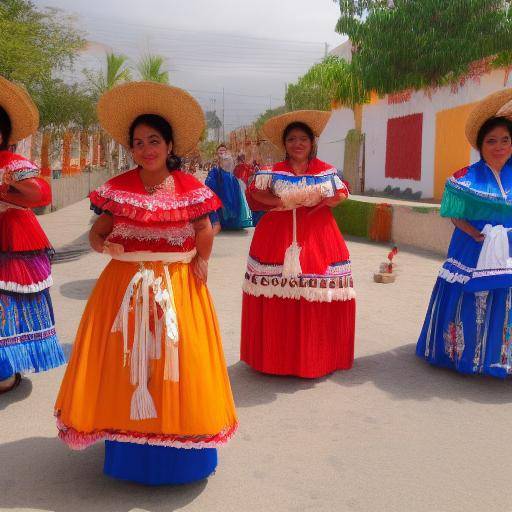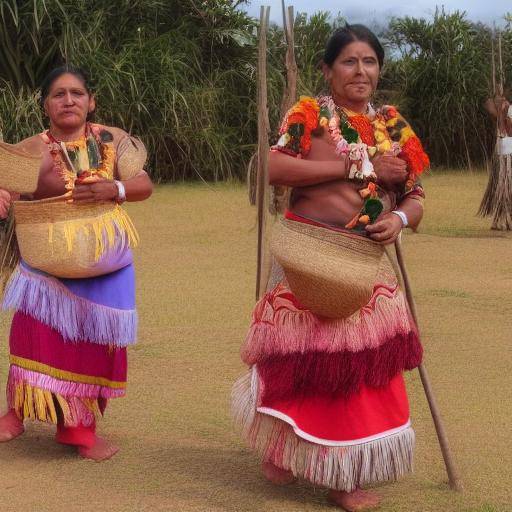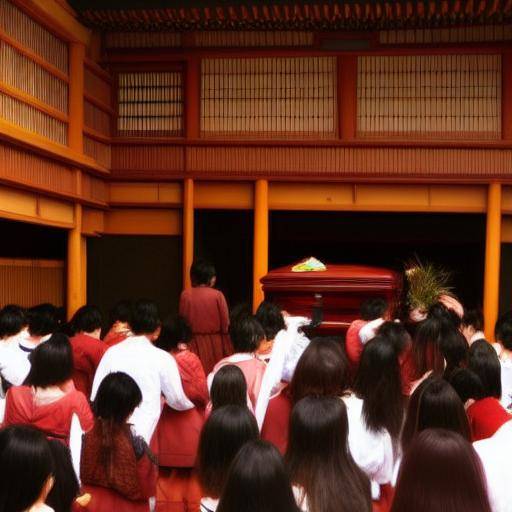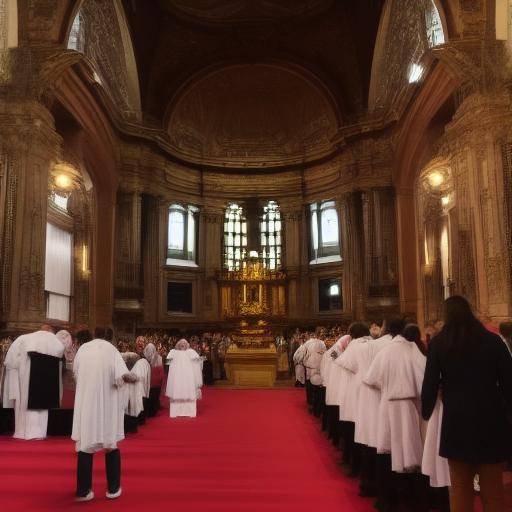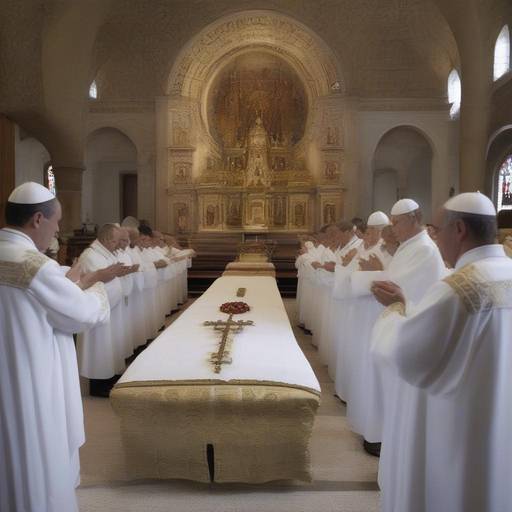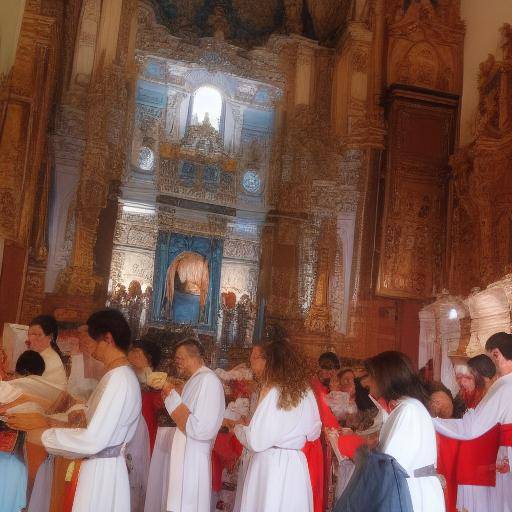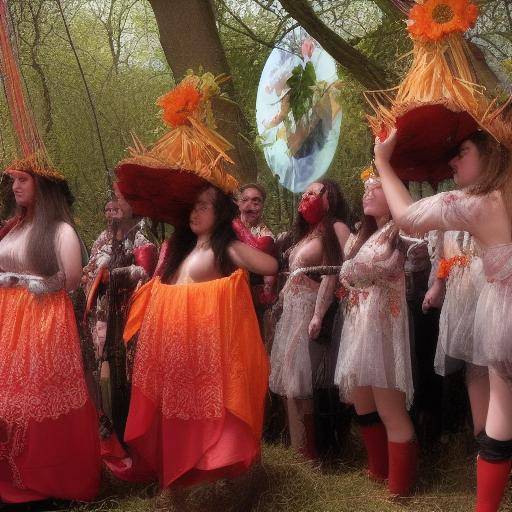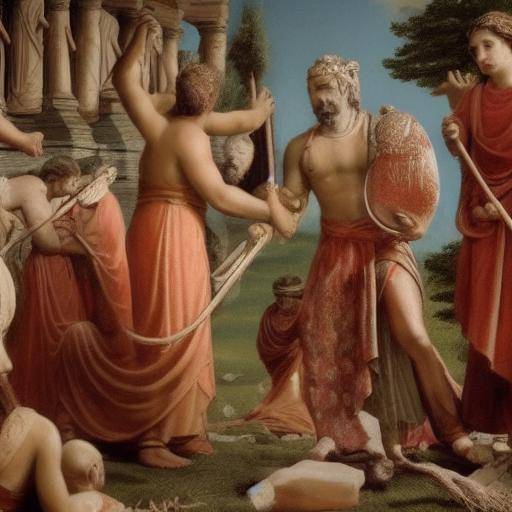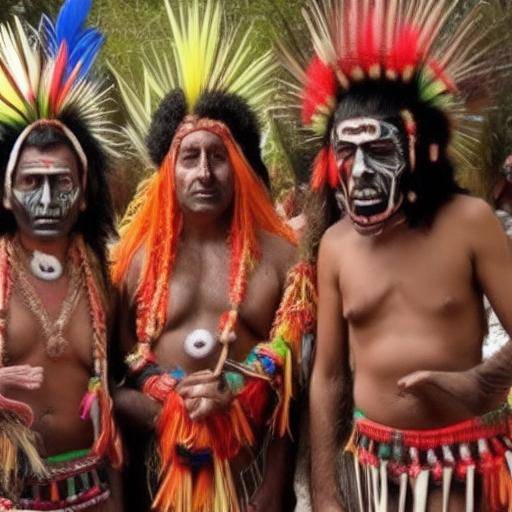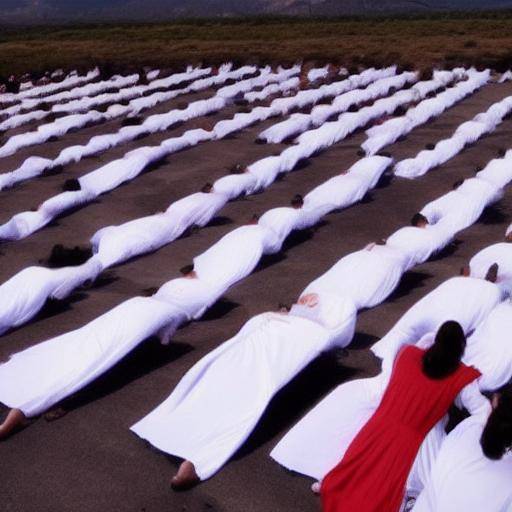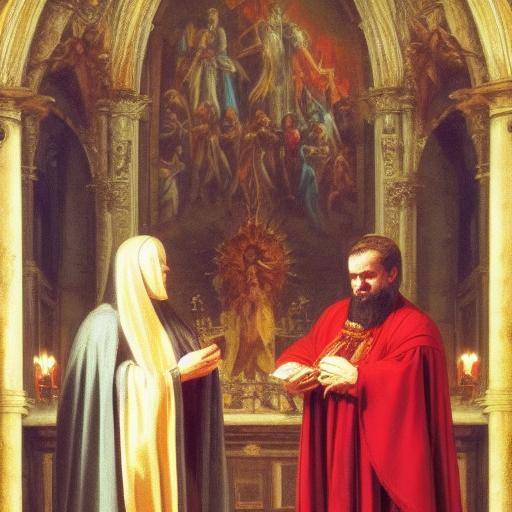
Celtic culture has been recognized by its deep connections to nature, its spiritual beliefs and its sacred rituals. These rituals, which mark important moments in the life of the Celts, reflect their deep reverence for the natural world and its sense of community. In this article, we will explore sacred rituals in Celtic culture, its meaning, its relevance today and its impact on society. Throughout this journey, you will discover the spiritual and cultural richness of the Celts through their sacred rituals.
Introduction
Celtic culture is known for its deep connection to nature, its spiritual beliefs and its sacred rituals. Celts, an ancient people who lived mainly in Western Europe, believed in the existence of a spiritual world in parallel to the earthly world. His sacred rituals were manifestations of this connection to the divine and the natural world. In Celtic culture, sacred rituals were intrinsic to daily life, marking important moments such as harvest, solstice, birth, death and transition to adulthood.
History and Background of the Sacred Rituals in Celtic Culture
The sacred rituals in Celtic culture have profound historical roots dating back to thousands of years. Celts celebrated festivals and rituals to honor their gods and goddess, as well as to mark important transitions in the life of their communities. These rituals were closely related to the cycle of nature, reflecting the connection of the Celts with the natural world.
The influence of the sacred Celtic rituals spread across Europe, reaching places like Ireland, Scotland, Wales, and parts of the Iberian peninsula. As Celtic culture developed, sacred rituals were adapted to local circumstances and the influences of other cultures.
The Druids, priests and spiritual counselors of Celtic society played a fundamental role in the realization of the sacred rituals. They were the guardians of knowledge and traditions, and preserved the very essence of the sacred rituals for the coming generations.
Detailed Analysis of the Sacred Rituals in Celtic Culture
Celtic sacred rituals had a multifaceted purpose, which went beyond the simple observance of traditional practices. These rituals infused meaning and cohesion to the Celtic community, strengthening ties between its members and their connection to nature. The celebration of rituals such as Imbolc, Beltane, Lughnasadh and Samhain marked critical points in the Celtic year, honoring fertility, changing seasons, harvesting and transition between life and death.
The belief in the transmigration of souls and the influence of the gods in everyday life led the Celts to perform rituals of protection, purification and gratitude. These rituals, rooted in Celtic spirituality, constituted a means of communication with the spiritual world and a way of maintaining balance and harmony in earthly life.
Comprehensive Review of Current Practices and Trends
Although Celtic culture and its sacred rituals have remained alive over the centuries, they have experienced significant changes over time. Today, many of the Celtic rituals are celebrated at cultural festivals and events that seek to preserve and share the traditions of this ancient people. The influence of the sacred Celtic rituals has also spread to contemporary spiritual practices, finding a significant echo among those who seek to reconnect with nature and their own spiritual roots.
Comparative Analysis of the Sacred Rituals, Celtic and Ritual Culture
Sacred Rituals in Celtic Culture
Celtic culture was impregnated with sacred rituals that reflected its deep connection with nature and the spiritual world. These rituals were essential to honor the Celtic gods, celebrate the fertility of the earth, mark the passage of time and accompany loved ones in their transit to the beyond. The sacred rituals were a way of life for the Celts, moulding their vision of the world and their interaction with the divine and the earthly.
The sacred Celtic rituals were carried out in places located in the middle of nature such as forests, rivers, and sacred hills. These spaces were considered gates of entry into the spiritual world, providing an appropriate setting for the realization of rituals that celebrated life, death, and renewal. The Druids, scholars and priests of Celtic culture played a fundamental role in the execution and preservation of these sacred rituals, transmitting their knowledge through generations.
The influence of the sacred Celtic rituals spread across Europe, leaving a lasting legacy in the form of annual festivals such as Samhain, Imbolc, Beltane and Lughnasadh. These festivals marked seasonal changes and were filled with rituals that celebrated nature, fertility and the cycle of life. Even today, the tradition of some of these festivals remains alive in communities seeking to preserve ancient Celtic customs.
Celtic Culture: Origins, Evolution and Legacy of the Sacred Rituals
Celtic culture originated in ancient Europe, with communities scattered by territories that today make up parts of Ireland, Scotland, Wales, France, Spain and other regions. Throughout the centuries, Celts developed a society rich in traditions, mythologies and a strong connection with nature. The sacred rituals were an integral part of this culture, reflecting spiritual wisdom and the vision of the Celtic world.
The arrival of Christianity and the influence of other cultures led to significant changes in the way Celtic rituals were celebrated. Many of the Celtic festivals were assimilated in the Christian holidays, such as Halloween, which has its roots in the Celtic festival of Samhain. However, despite external influences, the essence of the sacred Celtic rituals has endured over time, keeping alive the connection of the Celtic people with their ancestral heritage.
Rituals in the Cotidian Life of the Celts
The sacred rituals were an integral part of the daily life of the Celts, permeating all spheres of their existence. From birth to death, rituals marked the crucial moments of life, ensuring a continuous bond with the divine and nature. The rituals of passage, such as initiation rites and funeral rituals, were especially significant for the Celts, as they symbolized the transition from one state to another, both in this life and in the next.
The practice of divination and the search for spiritual guidance through rituals shaped the decision-making of Celts in important matters such as agriculture, war, and family life. Belief in cosmic influences, natural cycles and the intervention of Celtic gods and goddess gave rituals a profound sense of purpose and meaning in daily life.
Conclusion
The sacred rituals in Celtic culture represent a rich spiritual and cultural heritage that has resisted the passing of the centuries. These rituals, rooted in reverence by nature and the recognition of the divine in the earthly world, continue to be a source of inspiration and connection with our ancestral roots. The practice and understanding of these rituals allows us to appreciate the profound notions of harmony and balance that supported the vision of the Celtic world. Through the preservation and celebration of the sacred Celtic rituals, we keep alive a fundamental part of the spiritual identity of humanity, ensuring that the teachings and wisdom of this ancient people continue to enrich our lives in the present and the future.
Frequently asked questions
What were the most important sacred rituals in Celtic culture?
The most important sacred rituals in Celtic culture included seasonal festivals such as Samhain, Imbolc, Beltane and Lughnasadh, as well as passing rituals such as those related to birth, death and transition to adulthood.
How have the sacred Celtic rituals influenced modern culture?
Celtic sacred rituals have left a profound mark on modern culture, influencing festivities such as Halloween and still being celebrated in communities seeking to preserve Celtic traditions.
What was the role of the Druids in the realization of the sacred Celtic rituals?
Druids played a fundamental role in the realization and preservation of Celtic sacred rituals, being the guardians of knowledge and spiritual traditions of Celtic culture.
How were sacred rituals celebrated in Celtic culture?
The sacred Celtic rituals were carried out in natural places such as forests, rivers and sacred hills, and were marked by songs, dances, offerings and prayers.
What was the meaning of the initiation rituals in Celtic culture?
The rituals of initiation into Celtic culture symbolized the transition from one state to another, marking the passage of youth to adulthood and conferring a new social and spiritual status on the individual.
How did the Celts honor their gods and goddess through the sacred rituals?
The Celts honored their gods and goddess through offerings, prayers and special ceremonies that expressed their gratitude and devotion to the deities that governed important aspects of their lives.
In short, the sacred rituals in Celtic culture are a window to a deeply rooted spiritual and cultural vision in nature and in the divine. His influence endures until today, enriching our understanding of the past and offering us a continuous connection with our ancestral roots.






